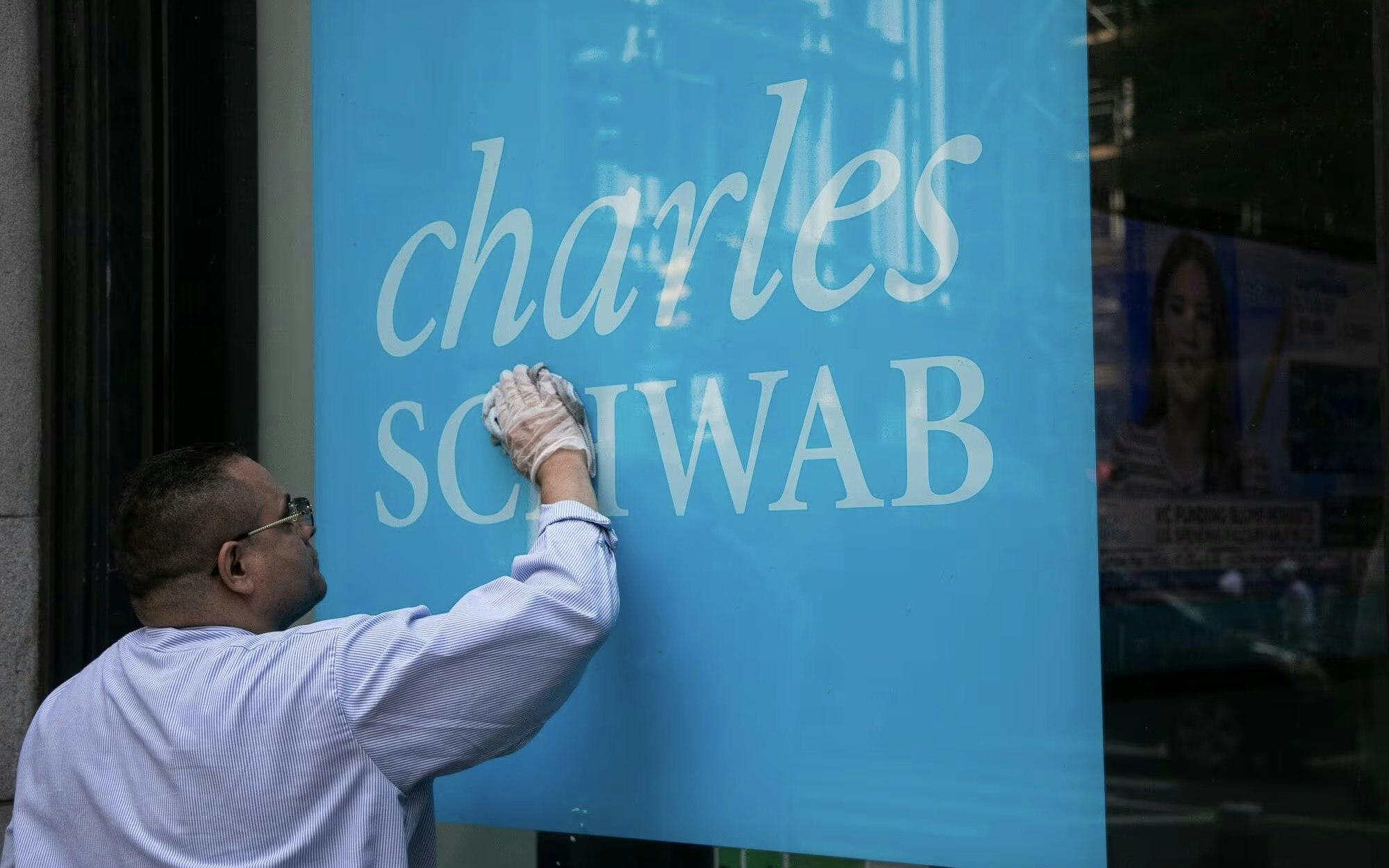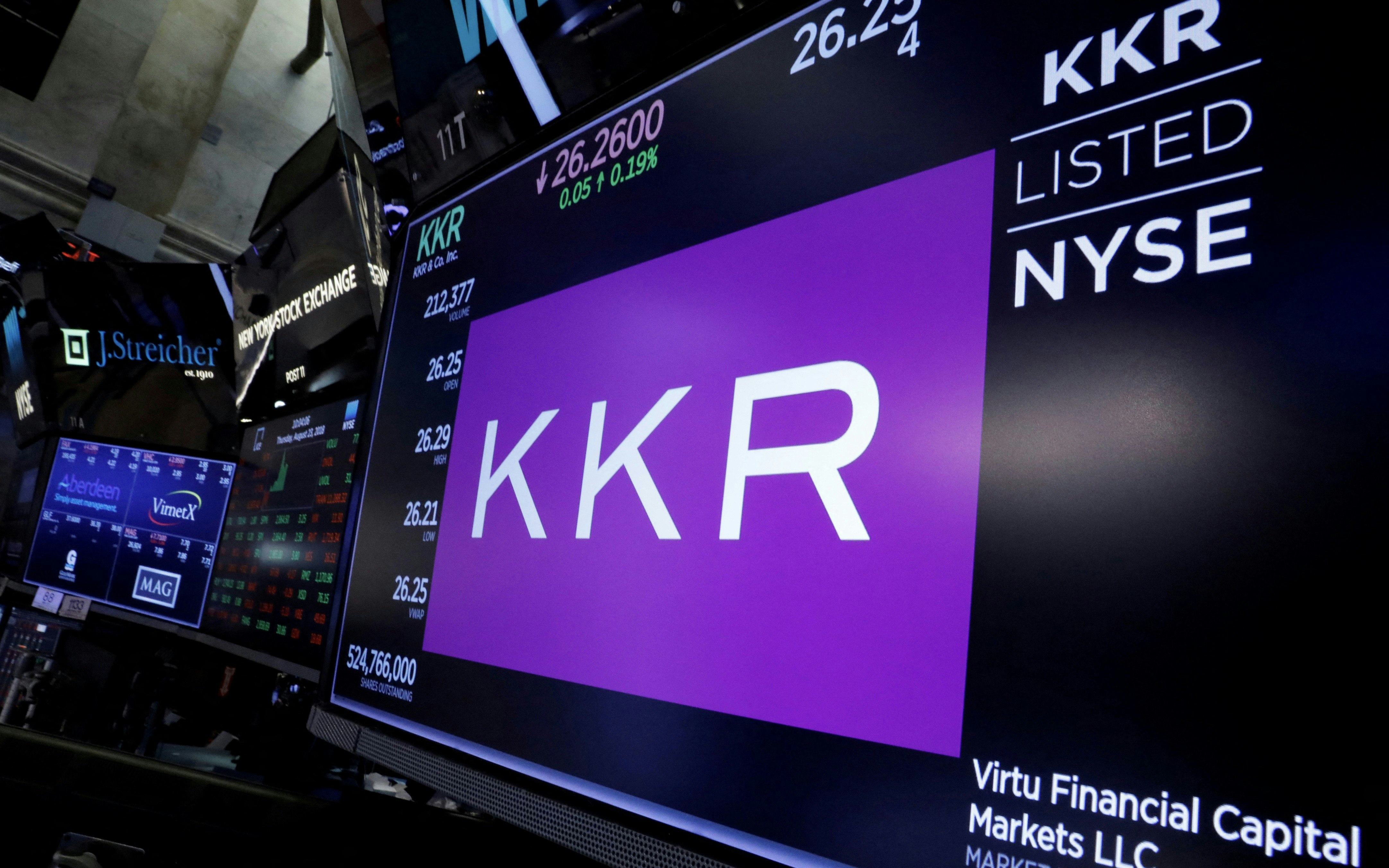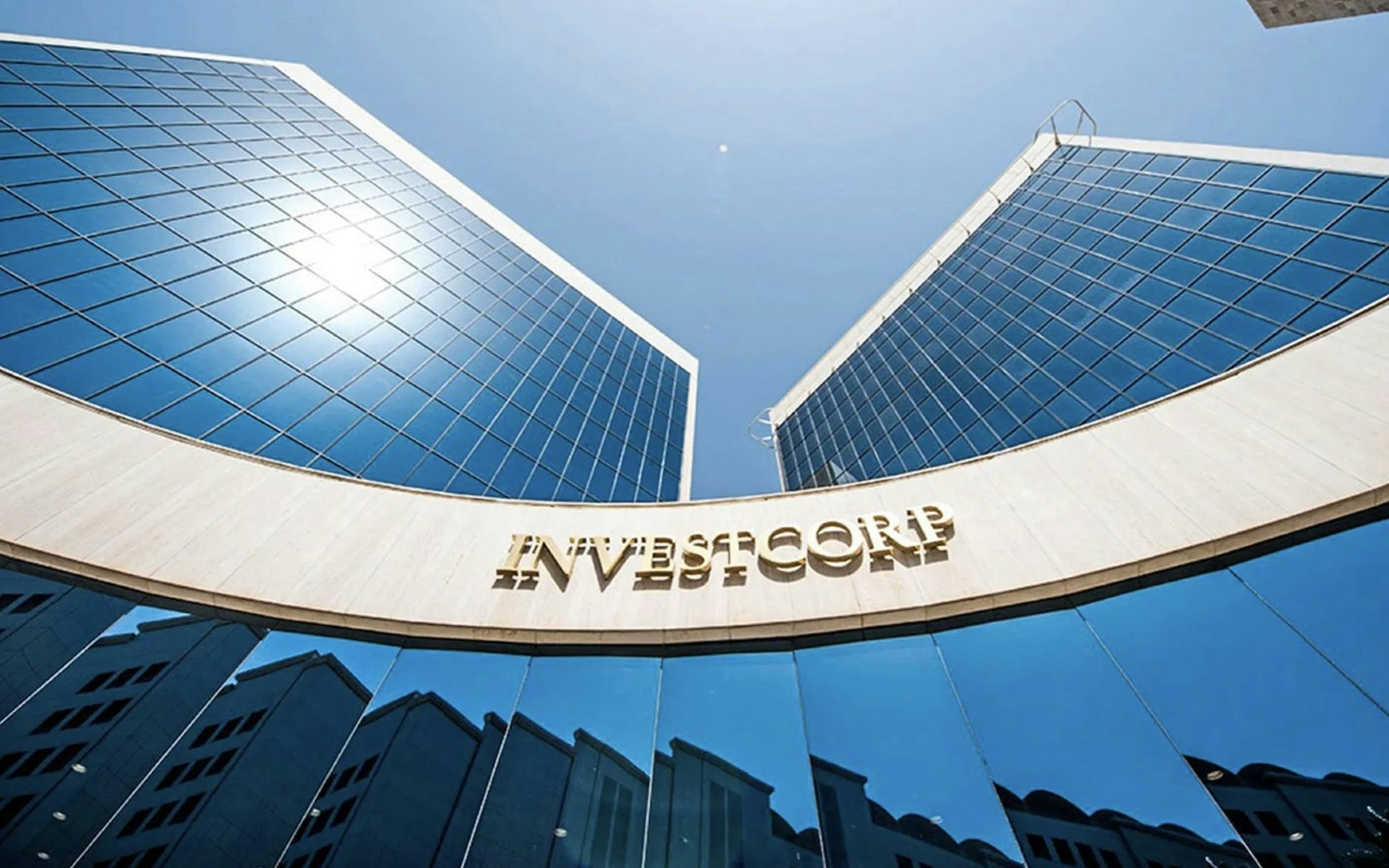Wurster, who joined the Texas-based broker in 2016 and has served as president since 2019, takes the helm at a critical juncture for the company. The leadership change comes after a period of significant challenges, including outflows due to the regional banking crisis in the USA and a difficult market environment as a result of rising interest rates. Wurster brings extensive experience from his time at Wellington Management and McKinsey.
During Bettinger's tenure, client assets under management grew from $1.1 trillion to $9.7 trillion, and the company's market capitalization increased by over 500 percent to approximately $116 billion. He will continue to serve as co-chairman of the board of directors, alongside company founder Charles Schwab.
Walt Bettinger achieved the largest growth in the company's history in terms of customers, assets, revenue, profit, and market capitalization during his tenure as CEO," stated Charles Schwab in a message. "Rick Wurster possesses all the qualities needed for successful company leadership and has our full confidence.
The leadership change is set against the backdrop of further personnel changes at the highest level: In May of this year, Charles Schwab announced that Chief Financial Officer Peter Crawford will be stepping down and will be replaced by long-time Citigroup veteran Mike Verdeschi. At the same time, the Chief Operating Officer and the Head of "Adviser Services" also gave up their positions.
These restructurings are part of a strategic realignment to stabilize the company after a difficult year. In 2023, the broker experienced significant outflows in its banking division after interest rate hikes led to a decline in deposits. Consequently, the company announced a 5 percent reduction in the workforce, affecting approximately 1,650 jobs.
Analysts at TD Cowen described the leadership change as a "natural continuation" of previous changes in senior management, emphasizing that the long-term growth strategy and future direction of the banking division are the critical questions for the company's further development.
The stocks of Charles Schwab lost 1.4 percent in early New York trading on Tuesday, closing at a loss of 7.5 percent since the beginning of the year. However, over the last five years, the price increased by around 80 percent, highlighting the company's long-term resilience.







